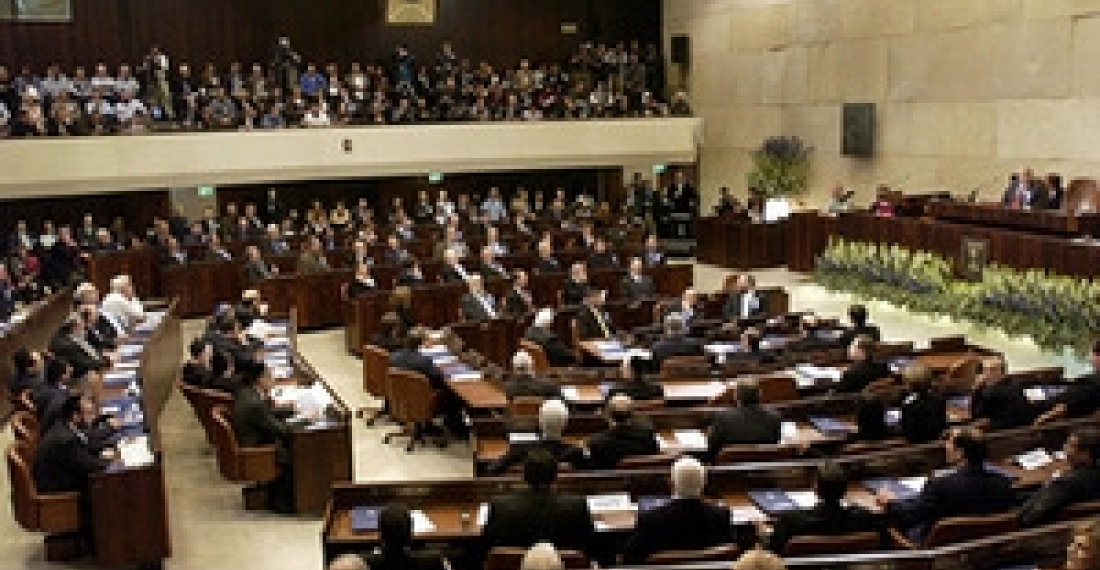Израильский парламент обсудит вопрос Геноцида армян в течение декабря. Как сообщает портал IzRus, заседание комиссии Кнессета по образованию, культуре и спорту, посвященное проблеме признания Геноцида армян 1915 года в Османской империи перенесено на середину декабря. Согласно изданию, решение о передаче данного вопроса на рассмотрение этой комиссии было принято на пленарном заседании Кнессета в мае текущего года. Данное обсуждение в комиссии, возглавляемой депутатом от фракции "Наш дом Израиль" Алексом Миллером, планировалось на 5 декабря. Однако за четыре дня до того было принято решение отсрочить заседание на неделю-полторы.
Как пояснил порталу IzRus Алекс Миллер, причиной послужило желание спикера Кнессета Реувена Ривлина принять участие в этом заседании. Но 5 декабря он будет за границей. Поэтому Ривлин попросил инициаторов обсуждения этого вопроса на майском пленарном заседании Кнессета, депутатов Гальон (МЕРЕЦ) и Эльдада ("Ихуд леуми"), согласовать новую дату созыва комиссии по образованию, культуре и спорту по данному вопросу.
Миллер добавил, что в любом случае это заседание состоится в течение декабря. Новая дата будет определена, скорее всего, в начале следующей недели.
Геноцид армян 1915 года является первым геноцидом ХХ века. Турция традиционно отвергает обвинения в массовом истреблении около полутора миллиона армян в годы Первой мировой войны и крайне болезненно реагирует на критику со стороны Запада во вопросу армянского геноцида.
Факт Геноцида армян признан многими странами, в частности, Уругваем, Россией, Францией, Литвой, нижней палатой парламента Италии, большинством штатов США, парламентами Греции, Кипра, Аргентины, Бельгии, Уэльса, Швеции, Национальным Советом Швейцарии, Палатой общин парламента Канады и сеймом Польши. День памяти жертв Геноцида отмечается 24 апреля.







